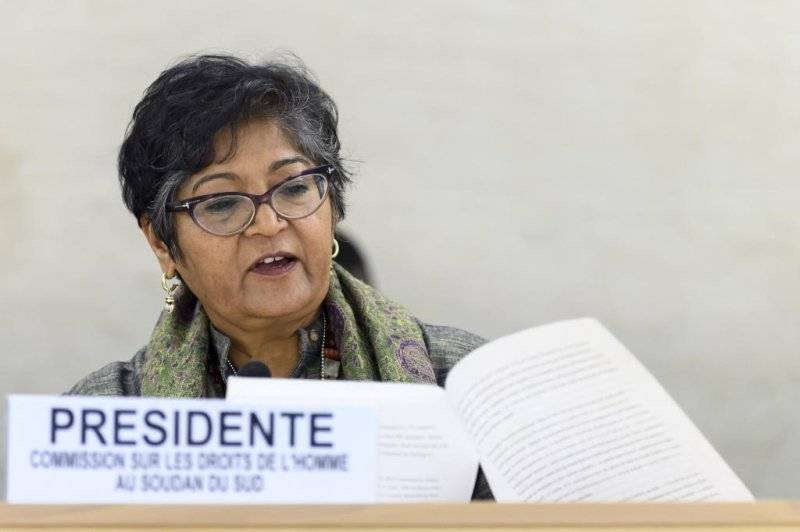sudan
Senior Member
- Oct 17, 2012
- 266
- 11
- 51
The Security Council has welcomed the improvement of relations between Sudan and South Sudan and the growing ties between the two nations.
The Security Council, in statement it issued late yesterday highlighted the visit of President Omer Al Bashir to Juba last January and the outcome of his talks with President Salva Kiir Mayardit.
The Council, however, expressed concern over the situation in Abyei, calling on Khartoum and Juba to stay committed to the Security Council Resolution of 2046 and implement needed aspects of agreement of 2011 concerning security and administrative arrangement in Abyei.
The Council emphasized the need for Khartoum and Juba to work for speedy solution of the Abyei problem and the establishment of an administration for the area.
The Council listened to a briefing from the Undersecretary General for Peacekeeping Operations Herve Ladous on the situation in Sudan and South Sudan in accordance with resolution 2046 adopted in 2012.
The Council also welcomed resumption of negotiations between the government and the SPLM-N which kicked off in Ethiopia, Addis Ababa.
It called on the government and SPLM-N to cease hostilities and engage in direct negotiations without preconditions to end conflict in South Kordofan and Blue Nile in accordance with the Council's resolution 2046.
It called on all parties to the conflict to avoid violence against civilians and allow unfettered delivery of humanitarian aid to needy areas.
The statement appreciated the efforts of AUHIP chair Thabo Mbeki and UN Special Envoy Haile Menkerios.
The Security Council, in statement it issued late yesterday highlighted the visit of President Omer Al Bashir to Juba last January and the outcome of his talks with President Salva Kiir Mayardit.
The Council, however, expressed concern over the situation in Abyei, calling on Khartoum and Juba to stay committed to the Security Council Resolution of 2046 and implement needed aspects of agreement of 2011 concerning security and administrative arrangement in Abyei.
The Council emphasized the need for Khartoum and Juba to work for speedy solution of the Abyei problem and the establishment of an administration for the area.
The Council listened to a briefing from the Undersecretary General for Peacekeeping Operations Herve Ladous on the situation in Sudan and South Sudan in accordance with resolution 2046 adopted in 2012.
The Council also welcomed resumption of negotiations between the government and the SPLM-N which kicked off in Ethiopia, Addis Ababa.
It called on the government and SPLM-N to cease hostilities and engage in direct negotiations without preconditions to end conflict in South Kordofan and Blue Nile in accordance with the Council's resolution 2046.
It called on all parties to the conflict to avoid violence against civilians and allow unfettered delivery of humanitarian aid to needy areas.
The statement appreciated the efforts of AUHIP chair Thabo Mbeki and UN Special Envoy Haile Menkerios.

